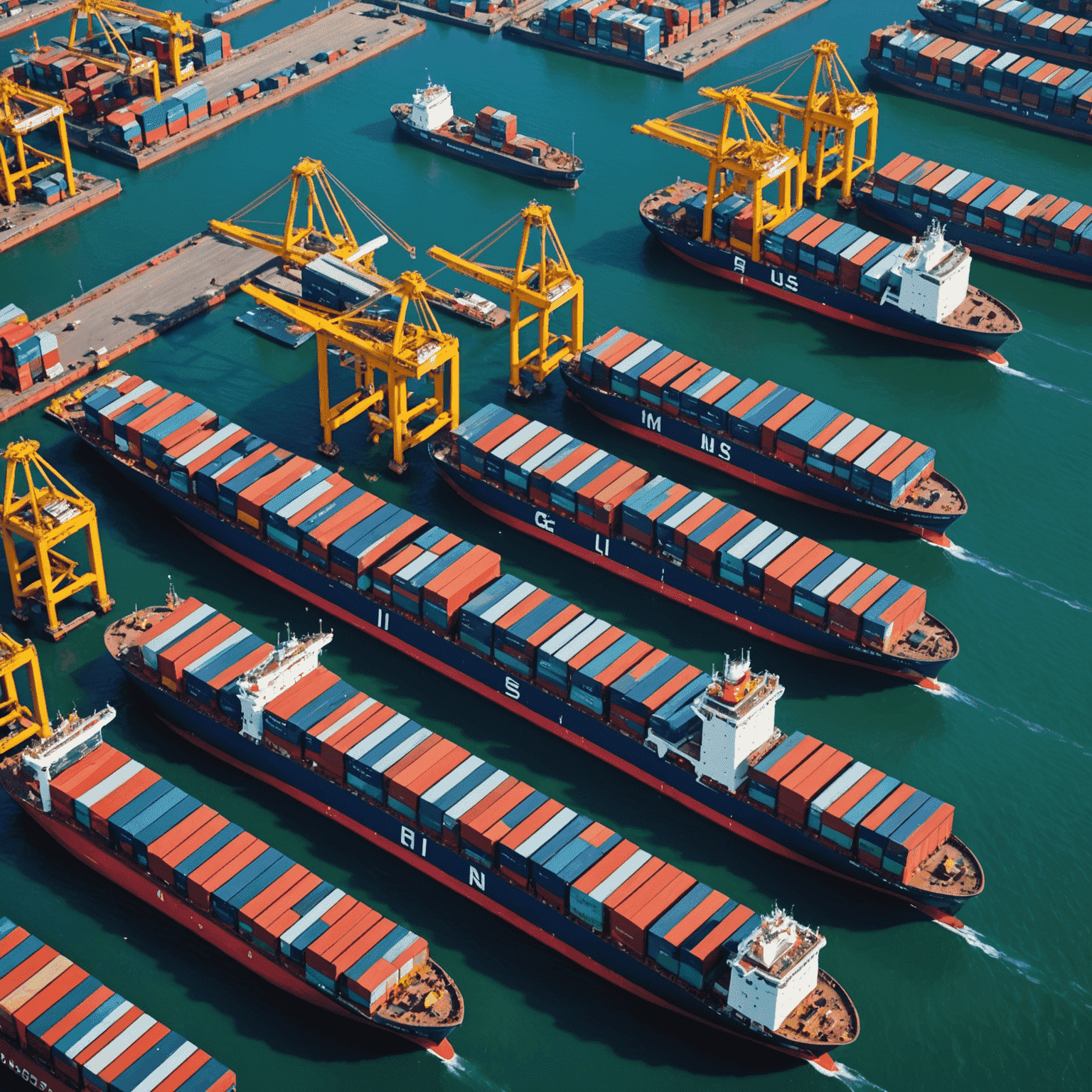Global Supply Chain Insights: Navigating International Cargo Transportation Challenges

In today's interconnected world, the global supply chain faces unprecedented challenges that significantly impact cargo transportation. Let's delve into the key issues shaping international logistics and their ripple effects on the movement of goods across borders.
1. Port Congestion and Capacity Constraints
Major ports worldwide are grappling with severe congestion, leading to extended wait times for vessels and delayed cargo processing. This bottleneck is causing a domino effect throughout the supply chain, affecting schedules and increasing costs for shippers and consumers alike.
2. Container Shortages and Imbalances
The uneven distribution of shipping containers across global trade routes has resulted in acute shortages in some regions while creating surpluses in others. This imbalance is driving up container lease rates and complicating cargo planning for many businesses.
3. Rising Fuel Costs and Environmental Regulations
Fluctuating fuel prices and stricter environmental regulations are pushing carriers to adopt cleaner technologies and alternative fuels. While beneficial for the environment, these changes are contributing to increased operational costs that are often passed on to customers.

4. Digital Transformation and Cybersecurity
The rapid digitalization of supply chain operations has improved efficiency but also exposed the industry to new cybersecurity risks. Protecting sensitive cargo data and ensuring the integrity of digital logistics platforms have become critical priorities for transportation companies.
5. Geopolitical Tensions and Trade Disputes
Ongoing trade conflicts and geopolitical uncertainties are reshaping global trade flows. Tariffs, sanctions, and changing trade agreements are forcing companies to reconsider their supply chain strategies and seek alternative transportation routes.
6. Labor Shortages and Skills Gap
The transportation industry is facing a significant workforce challenge, with shortages of skilled workers across various roles, from truck drivers to logistics managers. This gap is putting pressure on cargo movement capabilities and driving the need for automation and training initiatives.
Conclusion: Adapting to a Dynamic Landscape
As these challenges continue to evolve, the cargo transportation industry must remain agile and innovative. Companies that can effectively navigate these complexities, leverage technology, and build resilient supply chains will be best positioned to thrive in the ever-changing global logistics landscape.
At Carboxyldistrict, we're committed to helping our clients overcome these challenges with cutting-edge transportation solutions and expert insights. Our team in Canada is dedicated to ensuring your cargo reaches its destination efficiently, no matter the global circumstances.